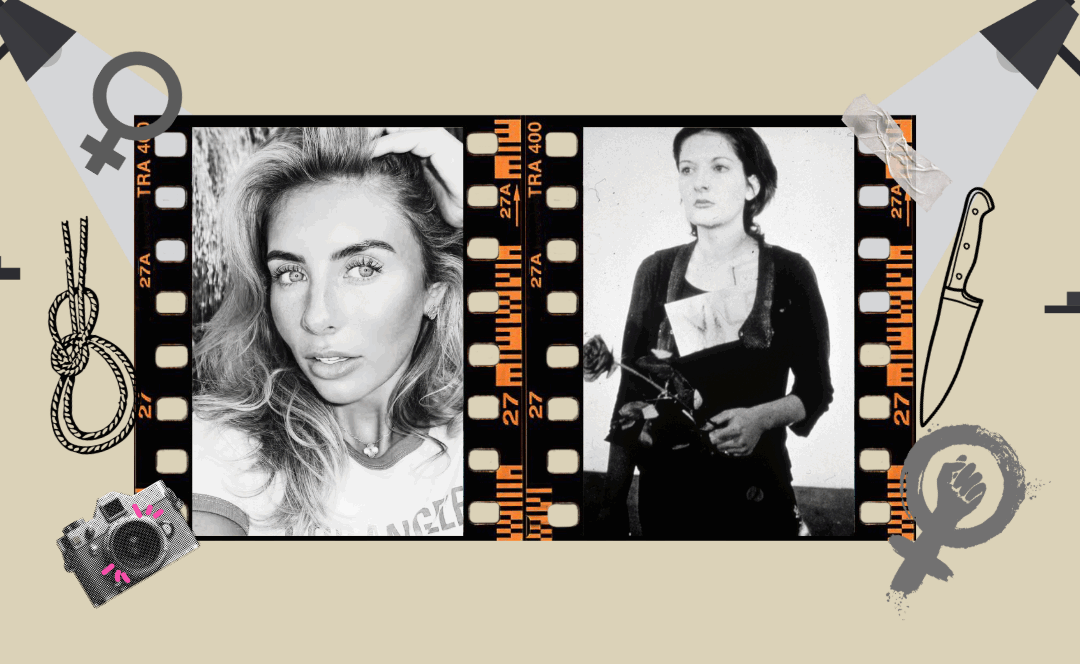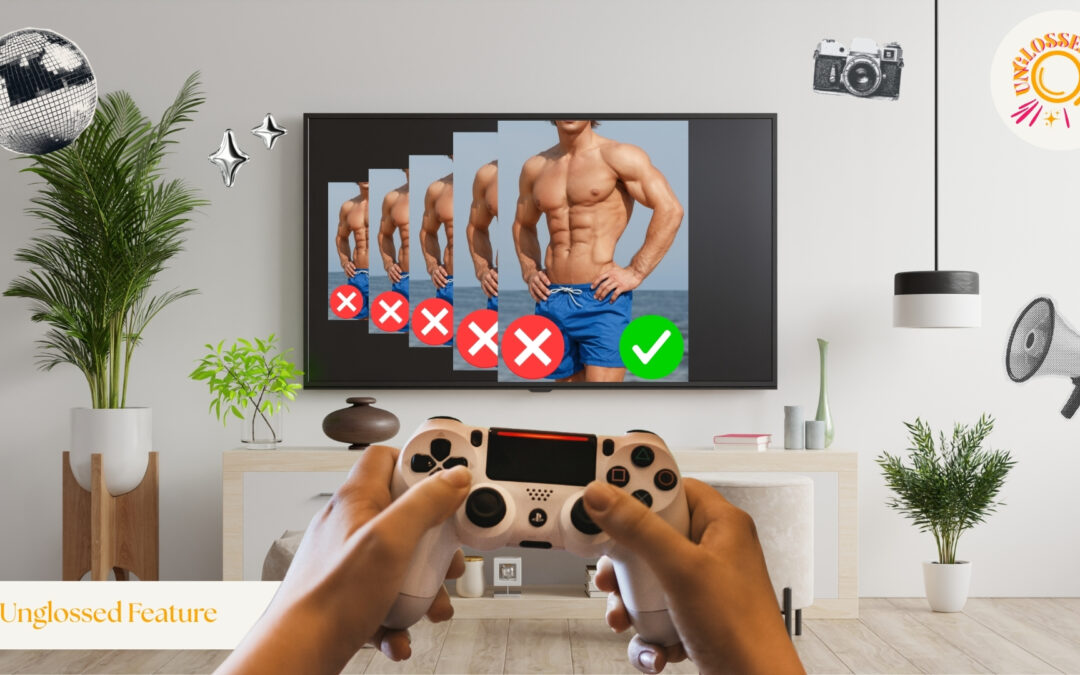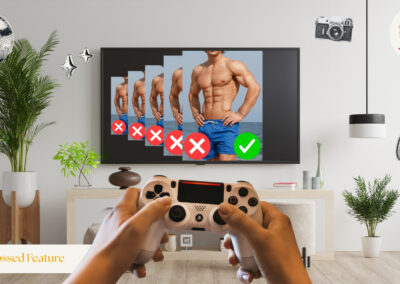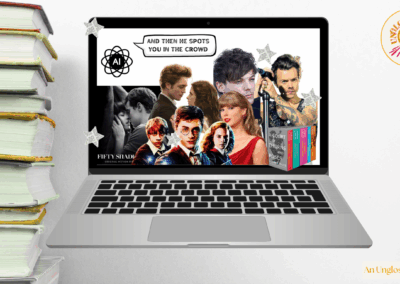Is main character energy helping us heal, or just making us more self-obsessed? In an age of validation and aesthetic self-branding, Unglossed explores whether romanticising your life is an act of empowerment, or just a soft-filtered form of narcissism.
It’s golden hour. A girl walks through the city with an iced latte, headphones in, a TikTok caption floating above her: “POV: You’re the main character.” It’s a familiar scene… journal entries, aesthetic affirmations, matcha. This is main character energy (MCE), the mindset that turns your life into a film, with you, of course, as the star.
Main character energy is the idea of treating yourself like the lead role in your own life. It’s not a clinical term or a diagnosis, but more of a mindset: one that encourages people to take ownership of their stories, focus on self-growth, and find beauty in the mundane. On social media, it looks like solo walks with a carefully chosen playlist, journaling your thoughts like you’re narrating a film, or dressing in a way that feels a little more intentional.
There’s no denying the appeal. For many, MCE is about confidence, reflection, and even emotional healing. But as it became more widespread, and more aesthetic, it also became more performative. And in a society where self-presentation is constantly shaped by likes, views, and algorithms, I can’t help but start to question whether this trend is still about self-love… or maybe something more self-absorbed.
On the surface, main character energy looks pretty harmless, empowering, even. But behind the dreamy captions and curated clips, psychologists are starting to raise concerns about what it might be fuelling beneath the surface: a quiet rise in narcissism.
According to the Newport Institute, more than 10 percent of people in their 20s show signs of subclinical narcissism; a level that doesn’t qualify as a personality disorder, but still reflects inflated self-focus, a need for admiration, and difficulty seeing beyond your own perspective. The same research also shows that today’s young adults score higher on narcissism scales than previous generations…and heavy social media use is a major factor.
It’s not hard to see the connection. Social platforms reward self-promotion. The better you are at turning your life into content, the more attention you get. And when your identity is built around being “the main character,” it’s easy to slip into the mindset that your narrative and your feelings are the centre of everything.
That’s not to say everyone who romanticises their morning coffee is a narcissist, but the line between confidence and self-obsession is getting harder to define. What starts as a harmless way to boost your mood can slowly become a performance where the main goal is to be seen.
And it’s no surprise that this mindset has flourished online. Platforms like TikTok and Instagram have created the perfect stage where everyday moments can be filmed, edited, and shared with an audience.
And with that constant visibility comes a heightened sense of self-awareness, the feeling that you’re always being watched, even if only by yourself. Sociologists refer to this as the “looking-glass self”, where you begin to see your identity not through your own experience, but through how others might perceive it. And now, that mirror comes with filters, trending sounds, and a built-in algorithm.
For some, main character energy is a helpful mindset – a way to boost self-esteem, set boundaries, or find meaning in everyday routines. But when it becomes a constant performance, especially for an online audience, the emotional effects start to shift.
Tying your self-worth to how well you present your life (even if it is just to friends and followers) can create a loop of pressure and perfectionism. When every moment has the potential to be content, there’s less space for spontaneity, vulnerability, or just being ordinary, and over time, that can lead to anxiety, burnout, and even a sense of emotional detachment.
It also affects how we show up for others. If you’re constantly focused on your own narrative, it becomes harder to be fully present in someone else’s… especially if they don’t fit into the storyline you’ve been building for yourself. Ironically, a trend designed to help people feel more connected to themselves can actually end up making them feel more disconnected from everyone else.
Of course, like most internet-born trends, the impact of MCE depends on how it’s used. For some, it’s a creative outlet or a gentle reminder that their life is worth paying attention to. For others, it becomes a mask, one that looks like self-love but conceals something far more fragile underneath.
But while the trend does sometimes slip into performance, it isn’t inherently narcissistic. Often, it’s just a way of reminding yourself that you matter in a world that’s constantly telling you to be quieter, smaller, or easier to consume.
So Main character energy may have started as a trend, but it reflects something deeper: the desire to be seen, to feel in control, and to make meaning from chaos. But as it becomes harder to distinguish between authenticity and performance, we’re left with a more complicated picture.
In many ways, MCE reflects the world we live in: one shaped by social media, where identity is curated and validation is public. It’s less about being yourself, and more about being seen being yourself.
Ultimately, the key, as always, is balance. Confidence doesn’t have to come at the cost of connection, because at the end of the day, being the main character doesn’t mean the rest of the cast disappears.










